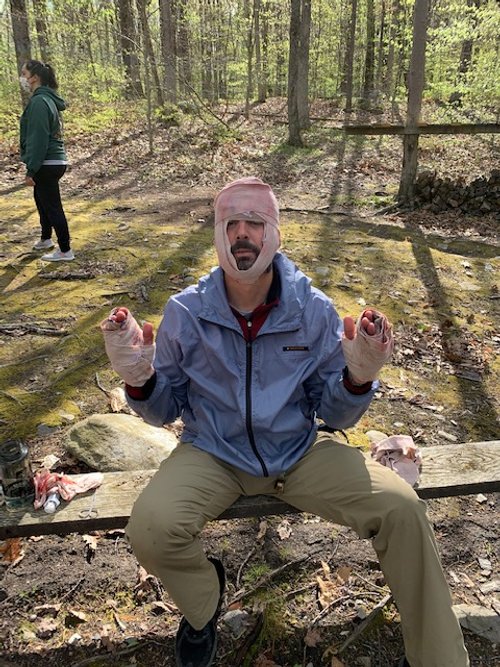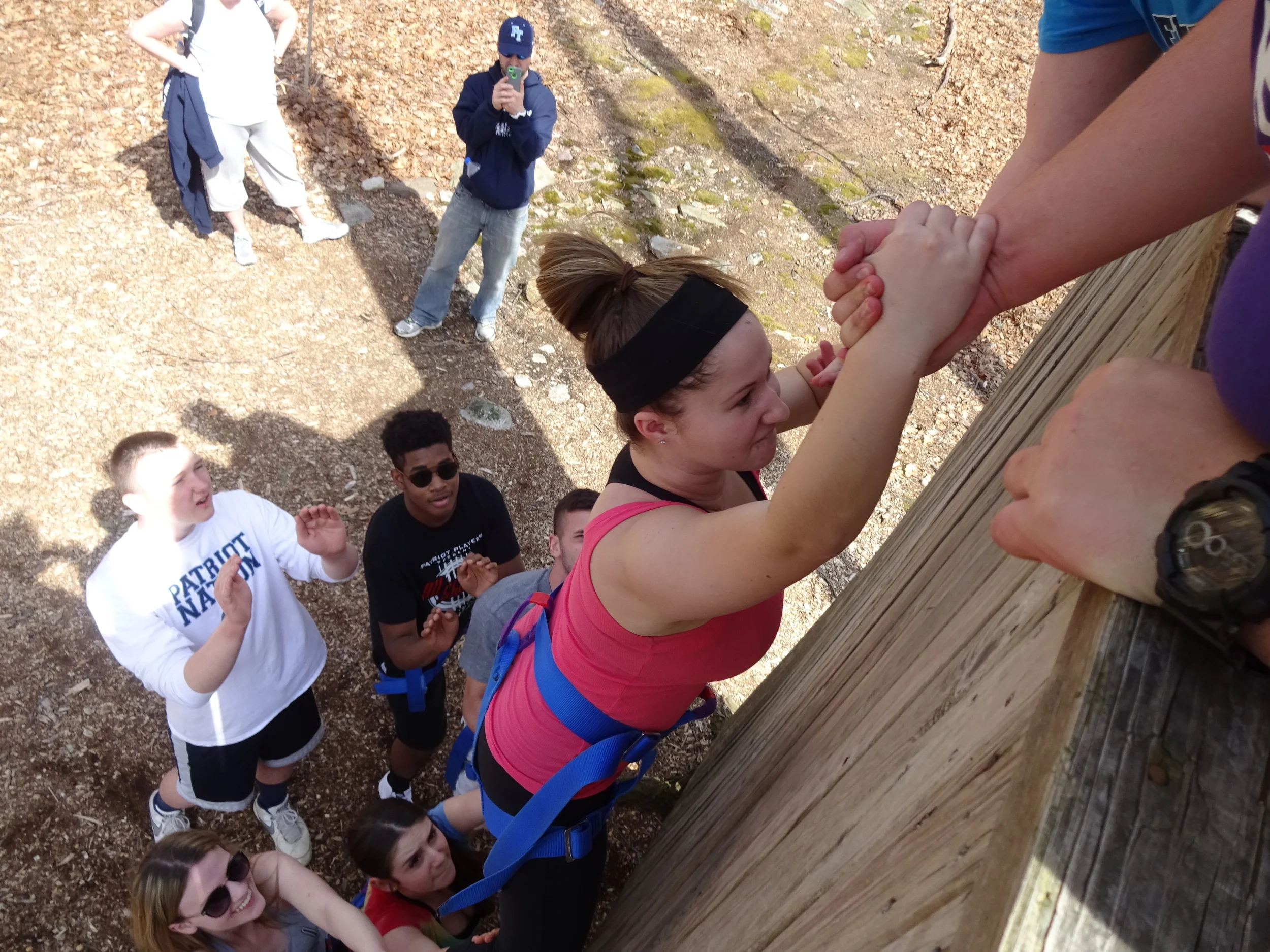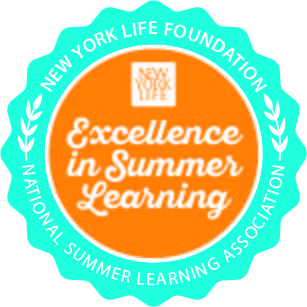The Play Gap
/Last week we played at work! We had a new team member join us and we decided to practice what we preach. We got one of our program team members to facilitate an hour of team building for our back office staff. First, and most importantly, we had a lot of FUN! We also learned a lot about each other in a pretty short period of time. Through play we LEARNED that we are competitive, enjoy solving problems, and notice different things. Through repetition of several of the exercises we learned to listen and observe each other, work in closer harmony, and celebrate the small wins. We learned that just like at work, we each have a part to play in the team’s success. We learned all this while having fun and being much more engaged in learning.
Play is the freedom and opportunity for young people to engage with and learn from the world around them. In today's busy and often over-scheduled world, most young people have fewer opportunities to engage in real play and develop critical social-emotional skills. Neuroscientists, psychologists, and business leaders all believe that young people will need to demonstrate strong communication, collaboration, creativity, and creative problem-solving skills to succeed in the jobs and world of tomorrow as we enter the Fourth Industrial Revolution.
In the United States, from 1981 to 1997, children's playtime decreased by 25%. Play is much more structured today with adult-organized, time-limited play dates, many of which take place indoors. Ninety-two percent of young people say they want more play time and 93% say play makes them feel happier. One in 10 young people play less than two hours a week and 8% of young people say they have no time to play. Outdoor play is even more scarce with 56% of young people having less than one hour of outdoor play a day, 20% having less than one hour of outdoor play a week, and 10% having no outdoor play.
In 2018, parents of 6-11-year-olds reported that they were playing with their children less than 5 minutes per day. Eighty-one percent of young people wish their parents would play with them more while 83% say they learn better when it feels like play.
At the Princeton-Blairstown Center (PBC), we understand how important play and hands-on learning in the outdoors is for young people and we practice it with every group that comes to visit our campus in the woods. Research shows that "deep learning and higher order skills development are enhanced by play that is joyful, builds on everyday meaning, is active and engaged, iterative, and social." PBC's problem-solving initiatives and challenge courses provide all the essential components described in the research and with the guidance of our highly trained facilitators results in learning that is transferred back to home and school.
Young people from low-income communities are less likely to have safe and sufficient green spaces to play in. Because of you our students have a safe 264-acre campus to play in where they can learn, grow, and lead in an ever-changing world.























